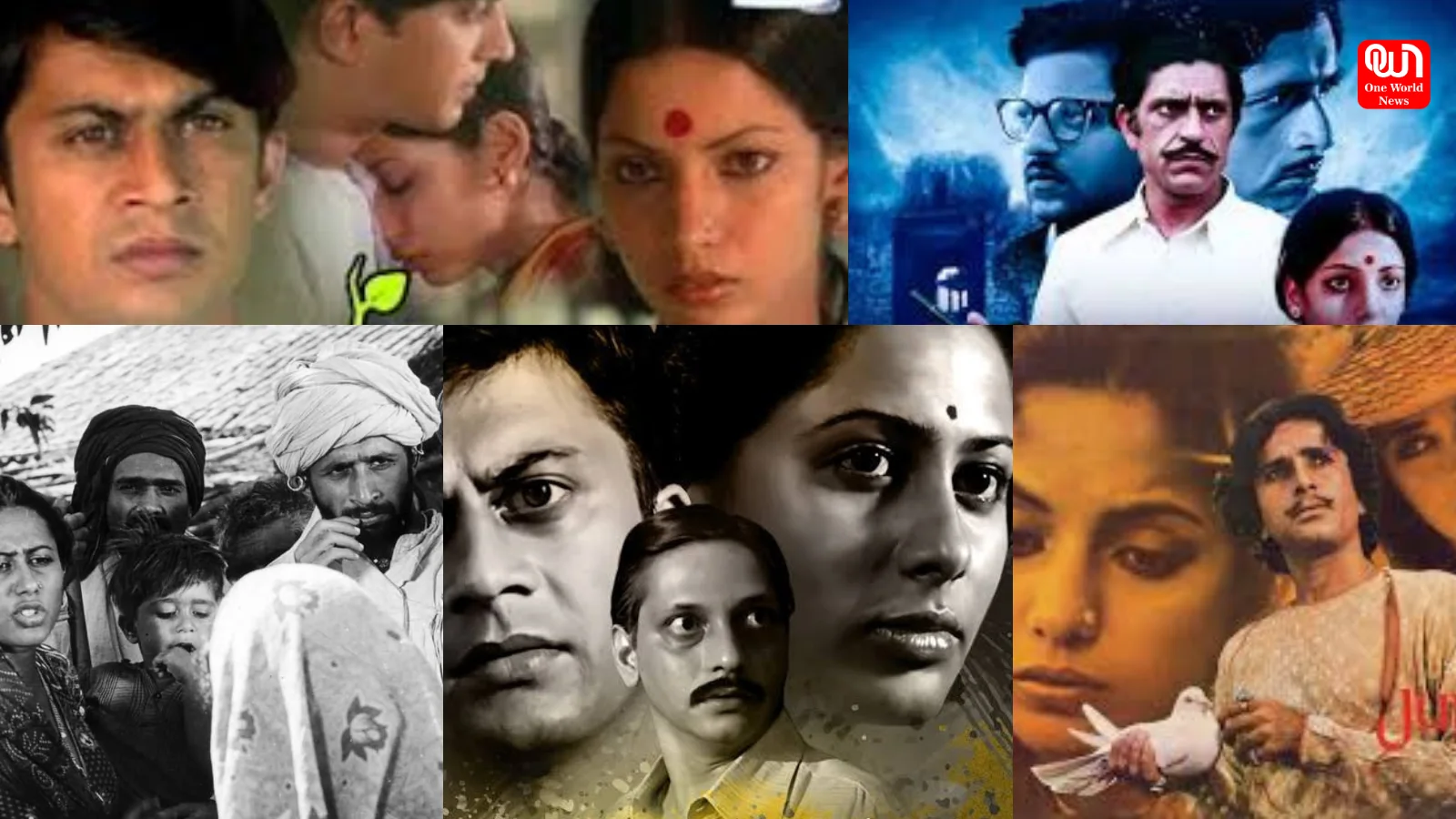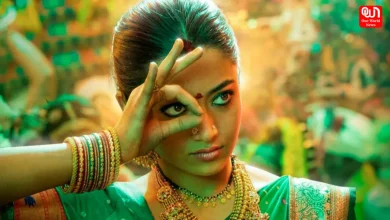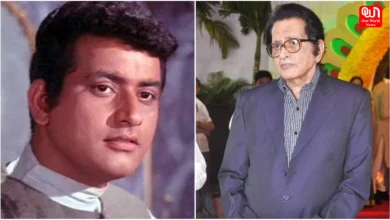Celebrating Shyam Benegal: Five Iconic Films That Redefined Indian Cinema
Shyam Benegal’s iconic films revolutionized Indian cinema, blending socio-political themes, realism, and powerful storytelling
Shyam Benegal’s iconic films redefined Indian cinema with bold narratives, socio-political themes, and realism
Shyam Benegal, one of Indian cinema’s most visionary filmmakers, has left an indelible mark on the industry with his bold storytelling and commitment to socio-political themes. Often regarded as the pioneer of parallel cinema, Benegal’s films challenged conventions and explored complex human emotions, societal structures, and cultural transformations. As the nation reflects on his unparalleled legacy, here’s a look at five of his most iconic films that transformed Indian cinema.
Ankur (1974)
Benegal’s debut film, Ankur, is a landmark in Indian parallel cinema. This powerful drama explores caste and gender inequality through the story of a landlord’s affair with a Dalit woman in rural India. The film introduced Shabana Azmi, whose performance earned her the National Film Award for Best Actress. Ankur also won the National Award for Best Feature Film in Hindi, setting the tone for Benegal’s socially conscious storytelling.
Nishant (1975)
A searing critique of feudal oppression, Nishant portrays the abuse of power by a wealthy family and the eventual revolt by the oppressed villagers. Featuring an ensemble cast of Smita Patil, Girish Karnad, and Amrish Puri, the film was India’s official entry to the Oscars. It also won the National Film Award for Best Feature Film in Hindi, solidifying Benegal’s reputation as a fearless filmmaker.
Manthan (1976)
Funded by over 500,000 farmers, Manthan is a cinematic tribute to India’s White Revolution. Starring Smita Patil and Girish Karnad, the film chronicles the struggles and successes of dairy cooperatives in rural India. Its iconic song, Mero Gaam Katha Parey, became an anthem for rural empowerment, and the film won the National Film Award for Best Feature Film in Hindi.
Bhumika (1977)
Inspired by Marathi actress Hansa Wadkar’s life, Bhumika is a compelling drama about a woman’s search for identity amidst fame, love, and independence. Smita Patil’s exceptional performance won her the National Film Award for Best Actress, while the film received the Filmfare Critics Award for Best Film.
Junoon (1978)
Set during the 1857 Indian Rebellion, Junoon is a sweeping period drama that intertwines love, loyalty, and revolt. Produced by Shashi Kapoor and featuring Naseeruddin Shah, Shabana Azmi, and Jennifer Kendal, the film won the National Film Award for Best Feature Film in Hindi and the Filmfare Award for Best Director.
Through these films, Shyam Benegal redefined Indian cinema, blending realism with artistic brilliance.
We’re now on WhatsApp. Click to join.
Like this post?
Register at One World News to never miss out on videos, celeb interviews, and best reads.








